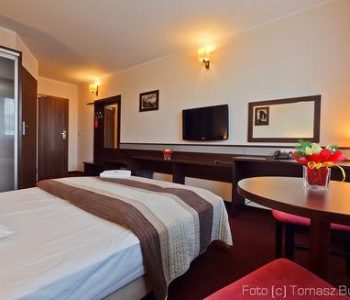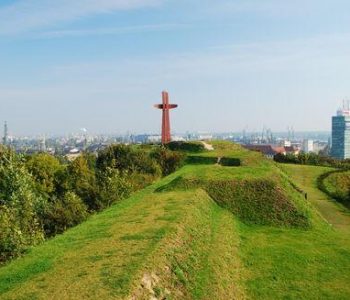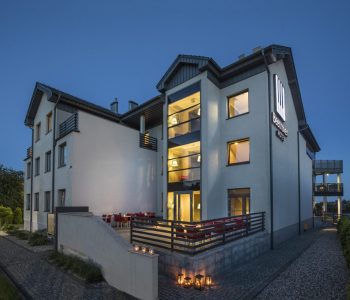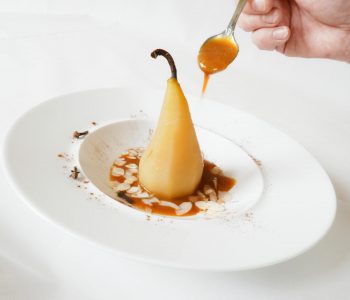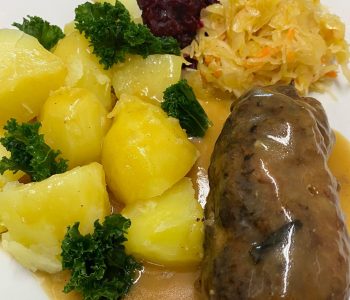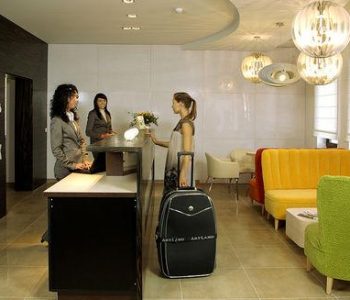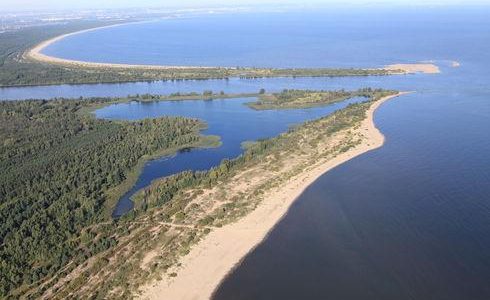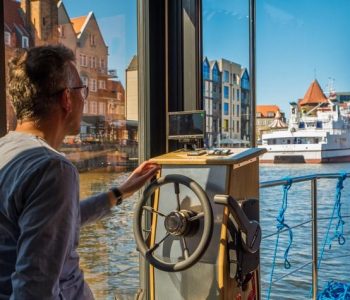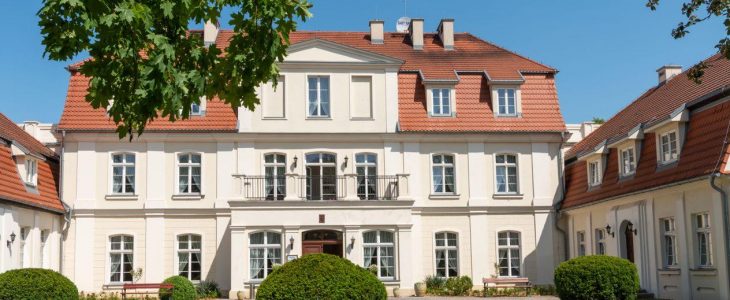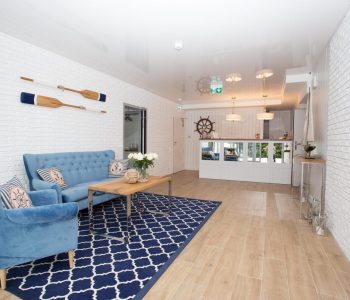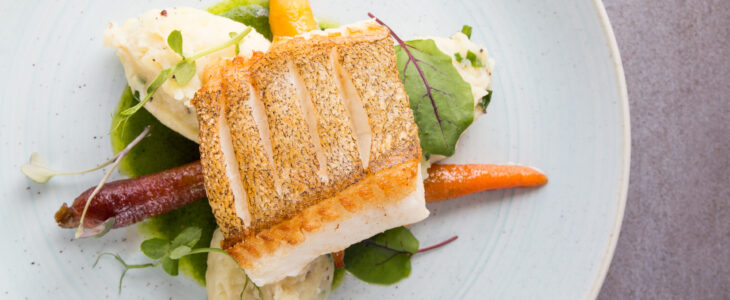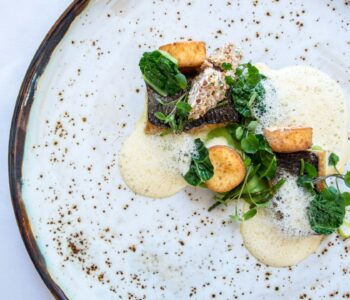Towards the end of the 16th century a fugitive from the Netherlands arrived in Gdańsk looking for a haven from religious persecution. His name was Ambrosius Vermoellen, and presumably he was a Mennonite, a member of a radical group of protestants which was particularly strongly suppressed at the times of the Counter-Reformation. He brought to Gdańsk some recipes for alcohol beverages which were to become part of the local menu for the centuries to follow. Ambrosius settled down in Gdańsk and started producing liqueurs, among which, apart from the “golden water” there were many others, such as Kurfürsten, Pommeranzen and Krambambuli. The descendants of Ambrosius founded the liqueurs factory at Broad (Szeroka) Street in the house decorated with a salmon depiction. The fish became an emblem and gave the name to the family enterprise. ‘Der Lachs’, meaning ‘salmon’, quite quickly gained a large share of the Gdańsk alcoholic beverage market, and its products quickly spread abroad.Goldwasser was the most popular, presumably due to the whirling bits of gold floating in the bottle. The liqueur, which over the years became almost a legendary drink, has a legend describing its origins.
Despite the Dutch immigrant’s merit, the story passed on by the people had it, that Goldwasser was created by Neptune, the god of the sea himself, the one who has always been present on the fountain on Long Market. According to the legend the ruler of the seas got irritated by the coins being thrown into the fountain and he stirred the fountain water with his trident and thus broke the coins into small flakes and the water turned into this tasty liqueur. The first person to find out was one of the merchants who told his servants to fill all the barrels he could find with the “water” coming from the fountain. The barrels full of gold liqueur hidden in the deep cellars became a source of income for him and many generations of his descendants.
The company set up by Vermoellen operated in Gdańsk until the end of WWII and was located in the Salmon House on Broad Street. Despite the war damage the house was reconstructed and nowadays a restaurant observing the tradition of the place is located there.
The original Goldwasser from Gdańsk, which is produced by a Dutch company on the basis of the 16th Century recipe, can be tasted in almost every restaurant in Gdańsk, and it is worth trying, as its taste covers almost 400 years of Gdańsk history. It can be drunk following the typical Goldwasser drinking ritual, which includes spitting out gold, which relates back to the old reach times of Gdańsk and its golden age, this beautiful beverage being a memoir of this.

